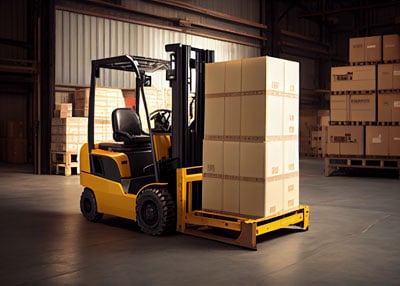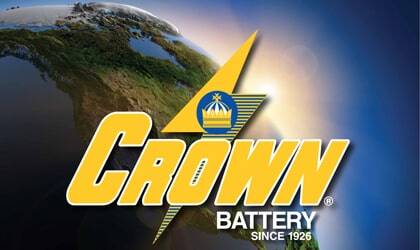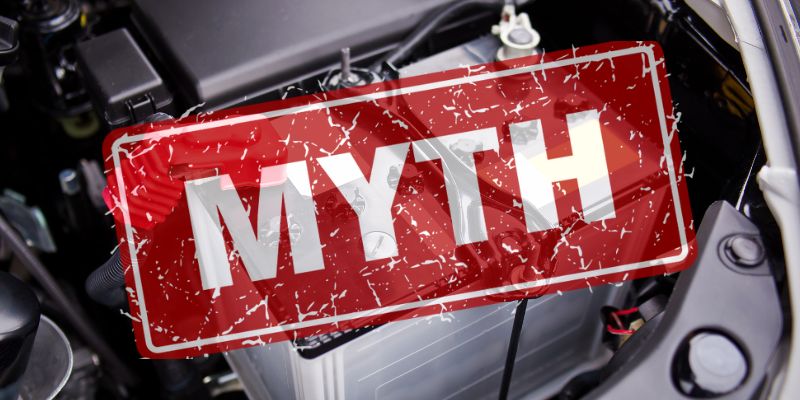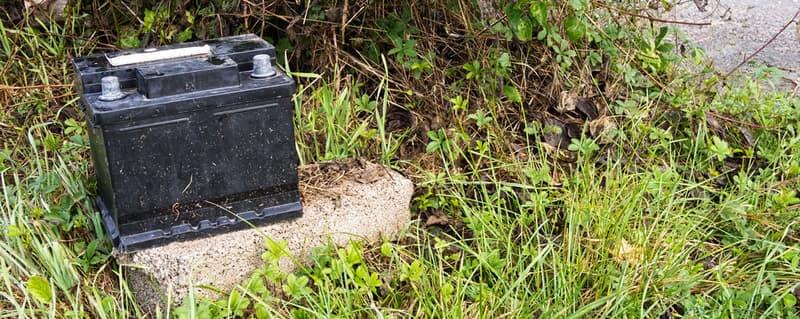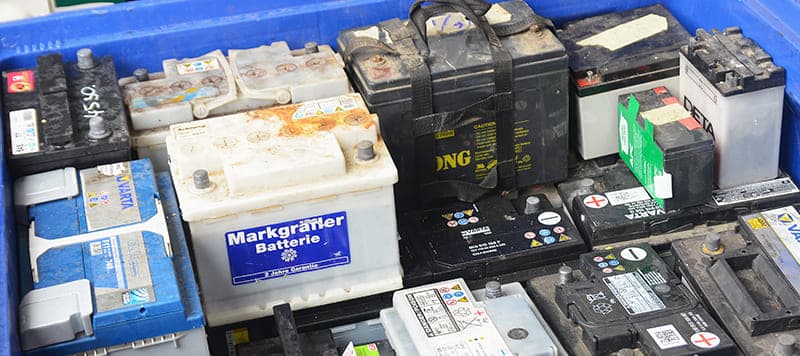Fact: Misinformation about batteries is rampant.
And while America Recycles Day is only one day a year, we hear these myths constantly.
Since we’re passionate about educating people about battery facts and take pride in our 99.3% recyclable batteries.
We’re clearing the air and busting some battery myths. You'll learn the facts –and how these myths impact your wallet and our environment.
Myth #1: All Batteries Are The Same
There’s no perfect battery, but there is the right one for your application.
And every battery is different. For instance, Crown Battery invests in 3D modeling for engineering and robotic welding to make our batteries last longer and reduce waste. Besides, we pack Crown batteries with the most active material (energy-storing chemical mixture) per Ampere-hour (Ah) in the industry. So, they store more energy for chemical reactions. Less waste means more money in your pocket.
We even share educational guides (like our brand-new Zero Battery Waste Guide) -- so you can compare batteries for yourself.
Myth #2: Batteries Mostly Come from New Mining
Nope. Crown batteries – and other lead-acid and AGM models – are 99.3% recyclable (source: Battery Council International) and manufactured using 100% renewable energy.
On the flip side, lithium-ion batteries are landfilled 95% of the time, according to Chemical & Engineering News.
Myth #3: The Ten-Year Battery (That Wasn't)
Anyone can promise a ten-year lifespan. But unless what you’re buying has lasted that long in real-world use – or has an established company backing up the warranty – be leery.
What questions are you asking before buying a battery? Consider:
- How long have your batteries been in production?
- Can you prove your lifespan claims in the field?
- Who insures your warranty?
Myth #4: These Days, All Batteries are Manufactured Overseas (or Outsourced)
Many batteries are manufactured where labor is cheaper – often to the lowest bidder.
Meanwhile, Crown Battery brought good jobs back to the USA more than a decade ago to improve quality. Back then, we built most of our batteries stateside, but not quite all of them.
Today, our batteries are 100% US-designed, engineered, and manufactured in our ISO 9001:2015-certified headquarters. American-made quality means increased uptime, value, and life for you.
Myth #5: All Batteries Are Recycled Equally
False: The average recycling rate for lithium-ion batteries is only around 5% (source: “It's time to get serious about recycling lithium-ion batteries” https://cen.acs.org/materials/energy-storage/time-serious-recycling-lithium/97/i28).
By contrast, all lead-acid and absorbent glass mat (AGM) batteries share recycling rates of almost 99%.
Myth #6: Batteries Don't Need Extensive Quality Inspections During Manufacturing
Quality inspections are a cornerstone of a battery's lifespan and performance.
For example, Crown Battery’s 250+ point quality inspection includes trained operators and cutting-edge vision systems. These ensure each battery meets rigorous standards. Thorough processes extend battery life, reduce waste, and save you money in the long run.
Myth #7: You Have to Figure Out Battery Waste Reduction On Your Own
You can join us – and bust more myths that harm your ROI and our planet.
See, we spent more than 500 hours researching sustainability and battery waste reduction – and interviewing experts with decades of experience.
If you’d learn battery waste-reducing highlights in 20 minutes – instead of 20 years…
… get your hands on our complimentary "Zero Battery Waste Guide" right now. This easy-to-digest guide will show you how to cut waste, protect our environment, and boost your bottom line.

